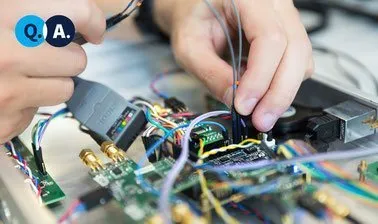
The Hardware of a Quantum Computer 
This course provides an overview of the hardware of a quantum computer, exploring its potential applications and how it could revolutionize the way we think about information and our daily lives. It helps students understand the fundamentals of quantum computing and the implications of its use. ▼
ADVERTISEMENT
Course Feature
![]() Cost:
Cost:
Free
![]() Provider:
Provider:
Edx
![]() Certificate:
Certificate:
Paid Certification
![]() Language:
Language:
English
![]() Start Date:
Start Date:
Self paced
Course Overview
❗The content presented here is sourced directly from Edx platform. For comprehensive course details, including enrollment information, simply click on the 'Go to class' link on our website.
Updated in [March 06th, 2023]
This course, The Hardware of a Quantum Computer, is designed to provide an overview of the current progress in the transition to a quantum information era. It will cover the basic concepts and operating principles of quantum computing and quantum information, such as the ket notation and quantum bits, the qubits. Additionally, the course will discuss the four types of qubits that QuTech focuses on: topological qubits, spin qubits, superconducting qubits and NV center qubits.
The course is authored by experts from the QuTech research center at Delft University of Technology. QuTech Academy’s aim is to inspire, share and disseminate knowledge about the latest developments in quantum technology.
The course is designed to be interactive and encourages students to bring their own experiences, insights and thoughts via the forum. It is suitable for anyone interested in learning more about quantum computing and quantum information, from beginners to experts.
At the end of the course, students will have a better understanding of the current progress in the transition to a quantum information era, and will be able to identify the four types of qubits that QuTech focuses on. They will also be able to discuss the basic concepts and operating principles of quantum computing and quantum information.
[Applications]
Upon completion of this course, participants will have a better understanding of the hardware of a quantum computer and the different types of qubits. They will be able to apply this knowledge to their own research and development projects, as well as to their own understanding of quantum technology. Participants will also be able to use the forum to discuss their own experiences and insights with other participants.
[Career Paths]
1. Quantum Computing Engineer: Quantum Computing Engineers are responsible for designing, developing, and testing quantum computing systems. They must have a strong understanding of quantum mechanics, computer science, and engineering principles. They must also be able to work with a variety of hardware and software components. As the field of quantum computing continues to grow, the demand for qualified engineers is expected to increase.
2. Quantum Network Engineer: Quantum Network Engineers are responsible for designing, developing, and maintaining quantum networks. They must have a strong understanding of quantum mechanics, computer science, and engineering principles. They must also be able to work with a variety of hardware and software components. As the field of quantum computing continues to grow, the demand for qualified engineers is expected to increase.
3. Quantum Software Developer: Quantum Software Developers are responsible for designing, developing, and maintaining quantum software applications. They must have a strong understanding of quantum mechanics, computer science, and software engineering principles. They must also be able to work with a variety of hardware and software components. As the field of quantum computing continues to grow, the demand for qualified software developers is expected to increase.
4. Quantum Researcher: Quantum Researchers are responsible for conducting research into quantum computing and quantum information. They must have a strong understanding of quantum mechanics, computer science, and engineering principles. They must also be able to work with a variety of hardware and software components. As the field of quantum computing continues to grow, the demand for qualified researchers is expected to increase.
[Education Paths]
1. Bachelor's Degree in Computer Science: A Bachelor's Degree in Computer Science is a great way to gain a comprehensive understanding of the hardware and software of quantum computers. This degree will provide students with the knowledge and skills to design, develop, and maintain quantum computing systems. Additionally, students will learn about the principles of quantum mechanics, quantum algorithms, and quantum computing architectures. As the field of quantum computing continues to grow, this degree will become increasingly important for those looking to stay ahead of the curve.
2. Master's Degree in Quantum Computing: A Master's Degree in Quantum Computing is a great way to gain a deeper understanding of the hardware and software of quantum computers. This degree will provide students with the knowledge and skills to design, develop, and maintain quantum computing systems. Additionally, students will learn about the principles of quantum mechanics, quantum algorithms, and quantum computing architectures. As the field of quantum computing continues to grow, this degree will become increasingly important for those looking to stay ahead of the curve.
3. Doctoral Degree in Quantum Computing: A Doctoral Degree in Quantum Computing is the highest level of education available in the field of quantum computing. This degree will provide students with the knowledge and skills to design, develop, and maintain quantum computing systems. Additionally, students will learn about the principles of quantum mechanics, quantum algorithms, and quantum computing architectures. As the field of quantum computing continues to grow, this degree will become increasingly important for those looking to stay ahead of the curve.
4. Certificate in Quantum Computing: A Certificate in Quantum Computing is a great way to gain a basic understanding of the hardware and software of quantum computers. This certificate will provide students with the knowledge and skills to design, develop, and maintain quantum computing systems. Additionally, students will learn about the principles of quantum mechanics, quantum algorithms, and quantum computing architectures. As the field of quantum computing continues to grow, this certificate will become increasingly important for those looking to stay ahead of the curve.
Course Provider

Provider Edx's Stats at AZClass
Discussion and Reviews
0.0 (Based on 0 reviews)
Explore Similar Online Courses
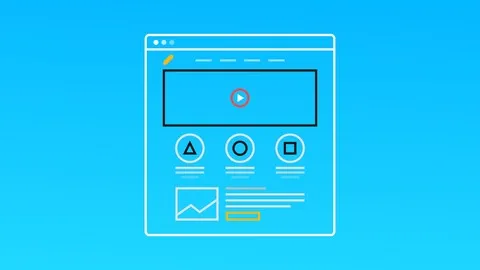
Wordpress Tutorial: How to Build a Website with Wordpress

Image Classification with CNNs using Keras

Python for Informatics: Exploring Information

Social Network Analysis

Introduction to Systematic Review and Meta-Analysis

The Analytics Edge

DCO042 - Python For Informatics

Causal Diagrams: Draw Your Assumptions Before Your Conclusions

Whole genome sequencing of bacterial genomes - tools and applications
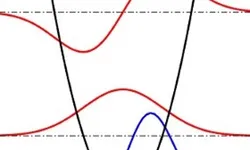
Foundations of Quantum Mechanics
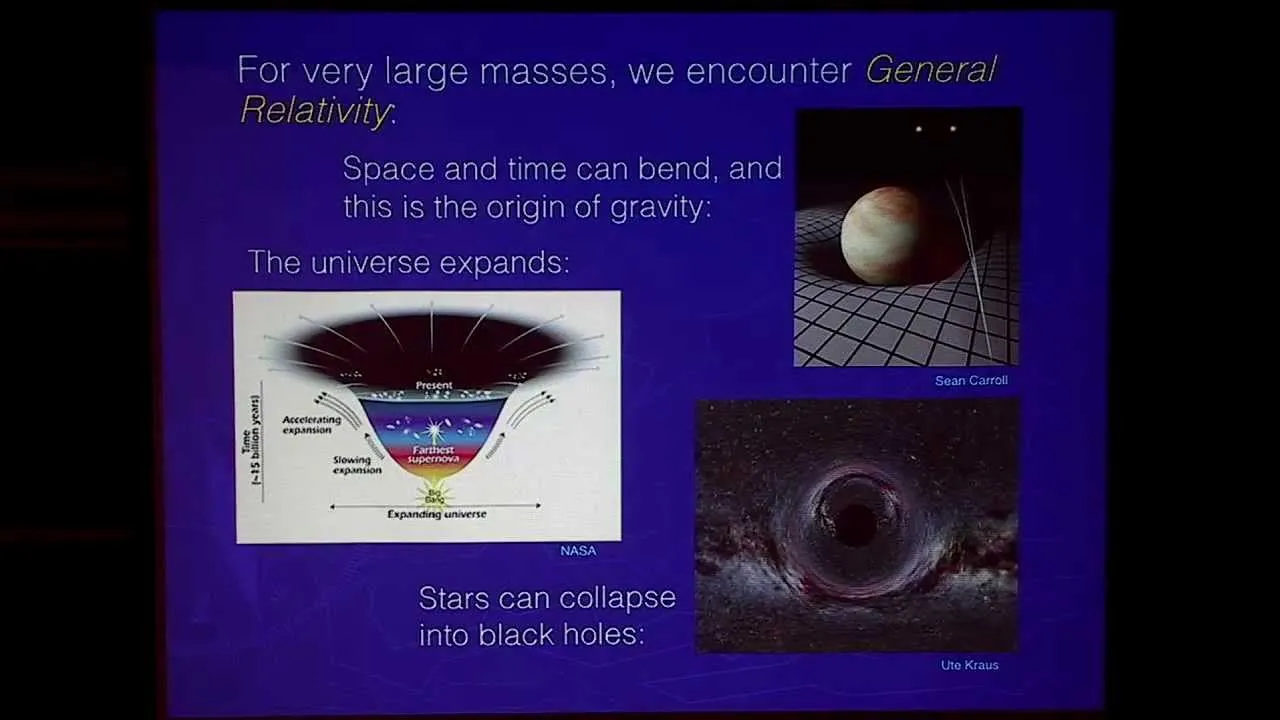
Gravity and Quantum Mechanics - The Quest for Unification
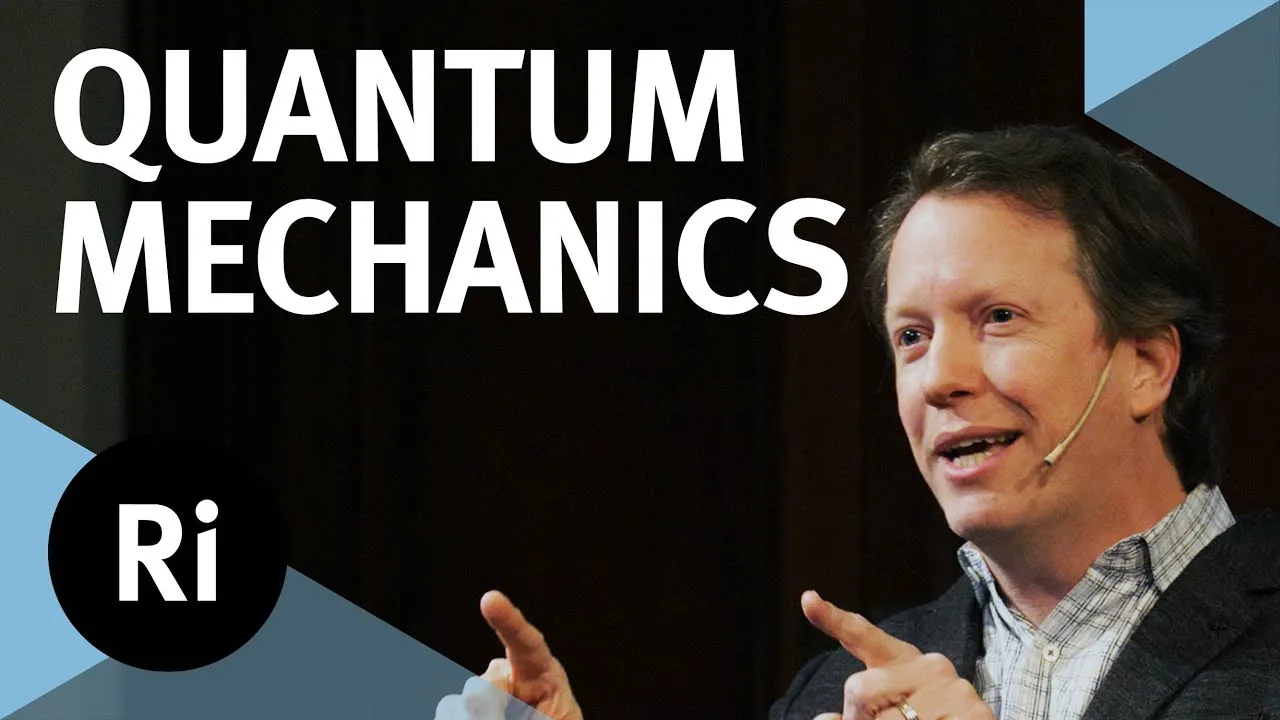
A Brief History of Quantum Mechanics - with Sean Carroll
 Related Categories
Related Categories
Quiz
 Submitted Sucessfully
Submitted Sucessfully
1. What is the aim of this course?
2. Which of the following is NOT a type of qubit discussed in the course?
3. Who is the author of this course?
4. What is QuTech Academy's aim?
Correct Answer: To inspire, share and disseminate knowledge about the latest developments in quantum technology.


Start your review of The Hardware of a Quantum Computer